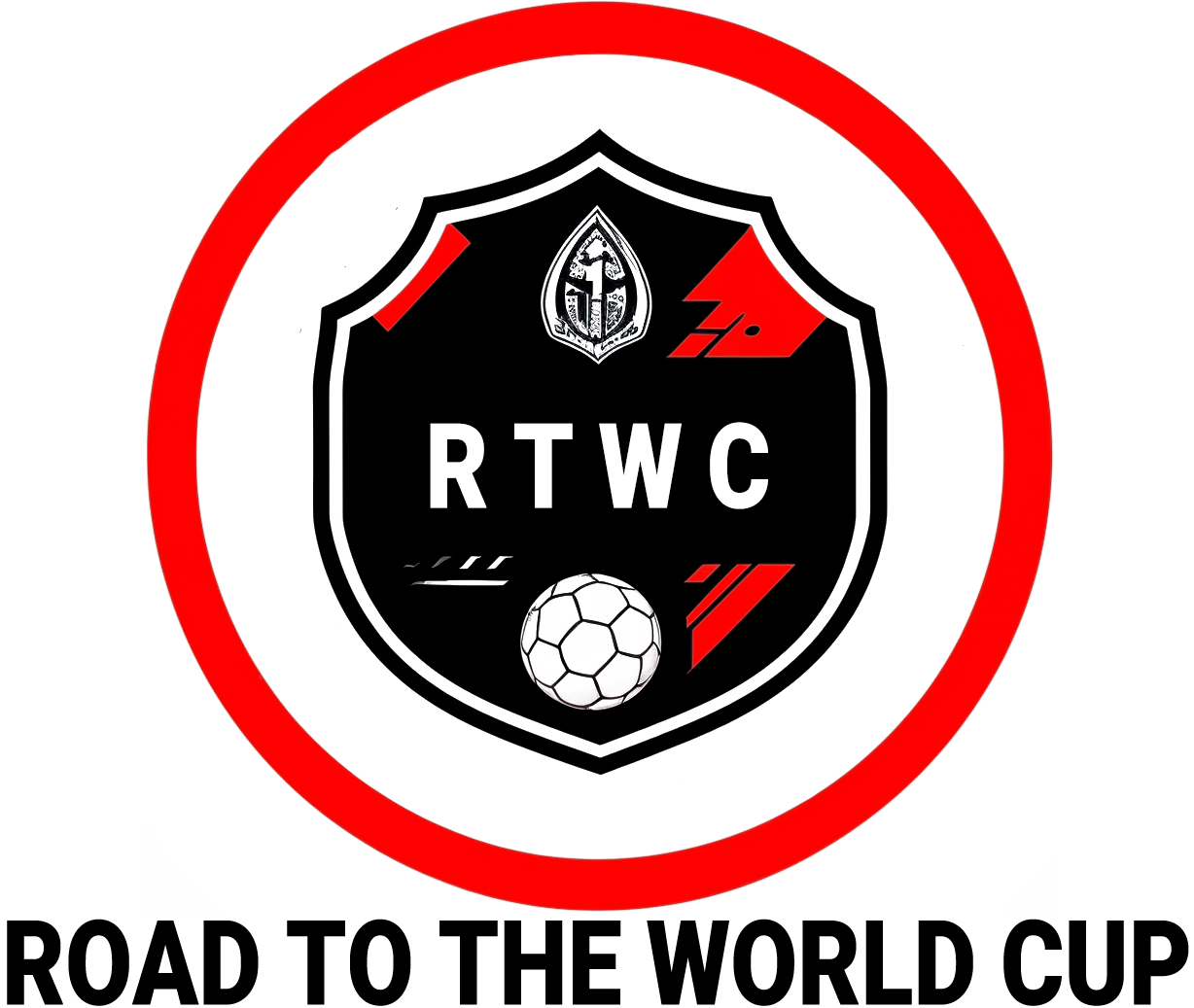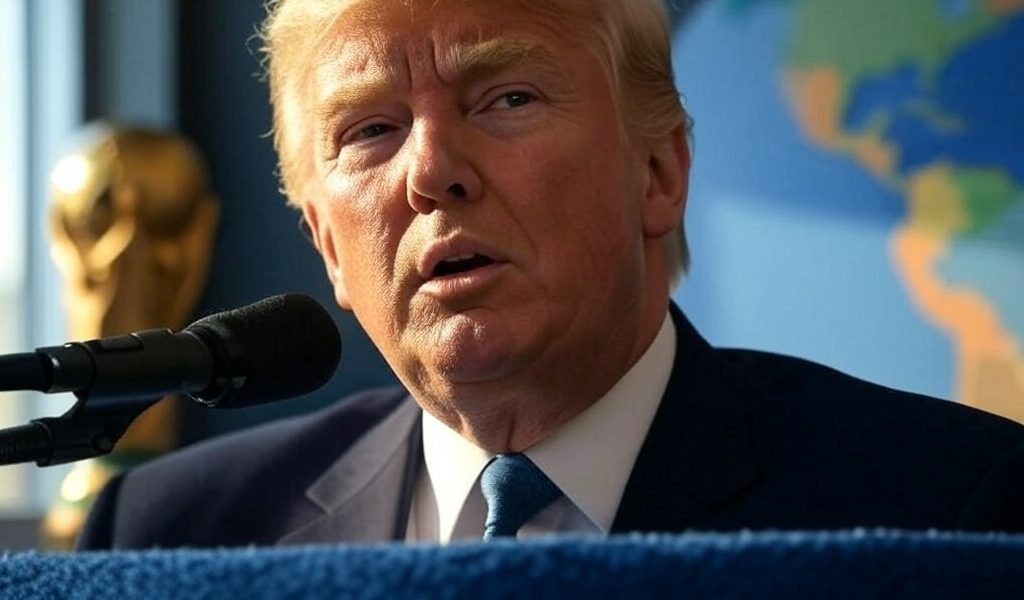Trump Suggests Russia Might Compete in FIFA World Cup 2026: “It Could Be an Incentive”
In a surprising twist during a press conference on Wednesday, U.S. President Donald Trump hinted at the possibility of Russia participating in the 2026 FIFA World Cup, despite the country being banned due to the ongoing conflict with Ukraine. This revelation came during a lighthearted exchange with FIFA President Gianni Infantino, raising eyebrows across the global football community.
Trump, addressing reporters at the White House, jokingly deferred to Infantino when asked about Russia’s World Cup prospects, quipping, “I’m not the boss, he is.” Infantino responded candidly, stating, “We hope for peace, and then possibly we will readmit them (Russia). It’s possible.” This opens the door to a significant shift in the competitive landscape as the World Cup approaches.
The backdrop to this discussion is serious: Russia, a member of UEFA, was previously sidelined from the 2022 World Cup in Qatar, and the current geopolitical climate dictates its exclusion from international tournaments. With ongoing violence resulting in staggering casualties on both sides, Trump underscored the urgent need for peace: “We want to end this war. The suffering on the ground is unimaginable for both Russian and Ukrainian people.”
However, any consideration for Russia’s return raises complex issues. The UEFA qualifiers for the 2026 tournament have already commenced without Russia. Should FIFA decide to allow the nation to compete, it would necessitate a reconfiguration of the existing schedule and tournament format, which could send shockwaves through the football world.
Since hosting the World Cup in 2018 and reaching the quarter-finals, Russia has faced stringent sanctions from FIFA, instituted in 2022 due to political actions stemming from the Ukraine invasion. Until the military conflict ceases, Russia remains banned from international football tournaments, including the Olympics.
Looking ahead, the 2026 World Cup will see a significant expansion, moving from 32 to 48 teams, divided into 12 groups of four. The implications of Russia’s potential participation could reshape the competition’s dynamics and influence international football’s future.

